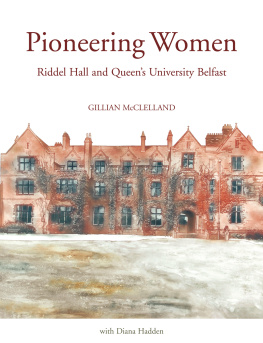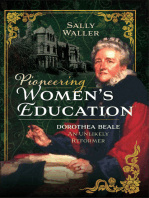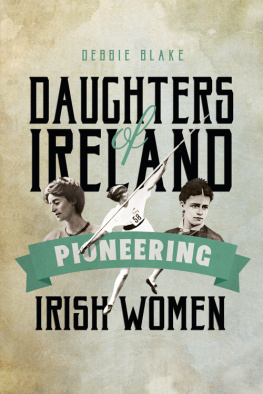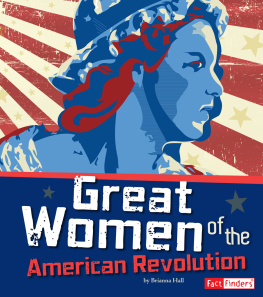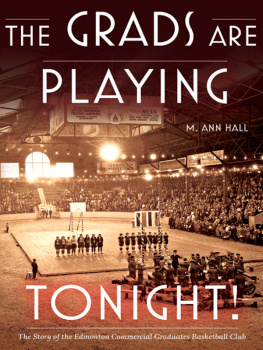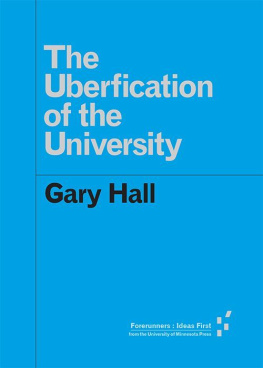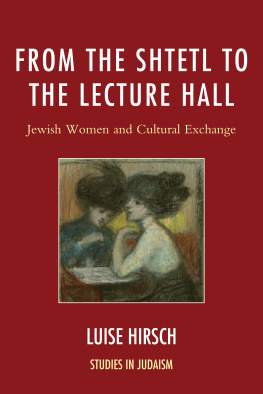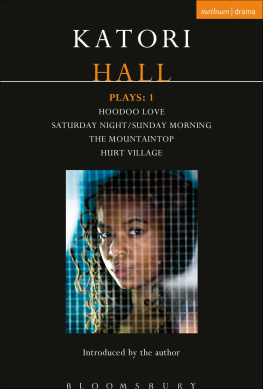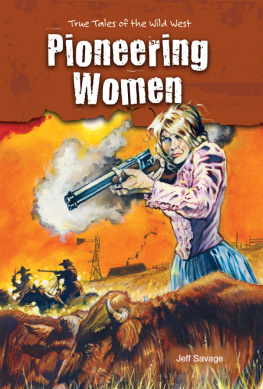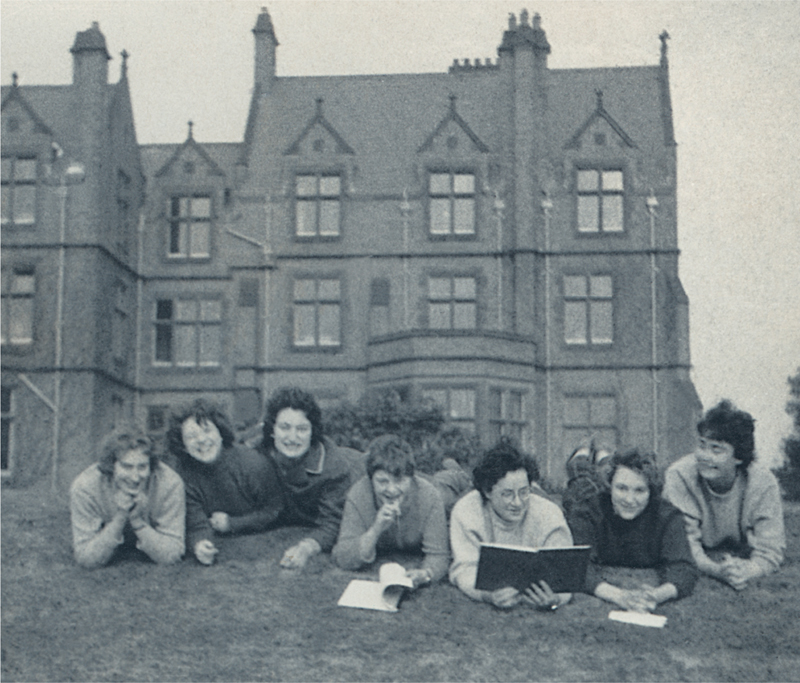
Medical and dental students on the bank outside Riddel, spring 1960 E. Murray
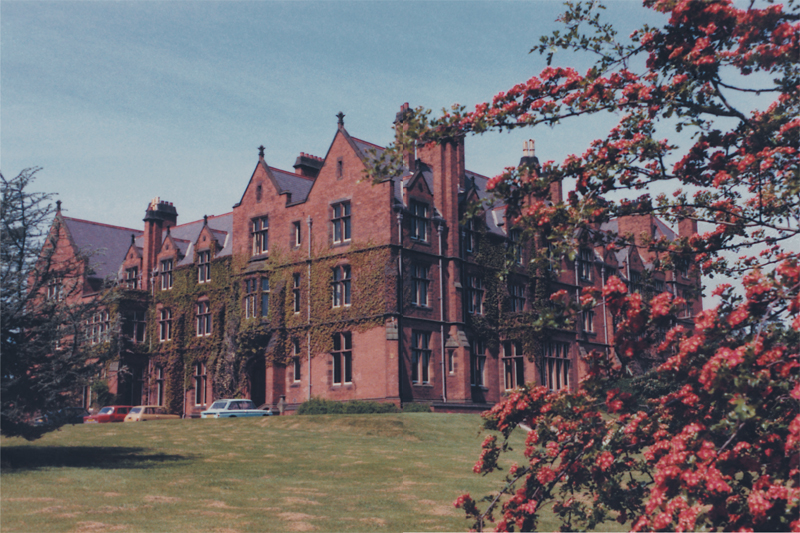
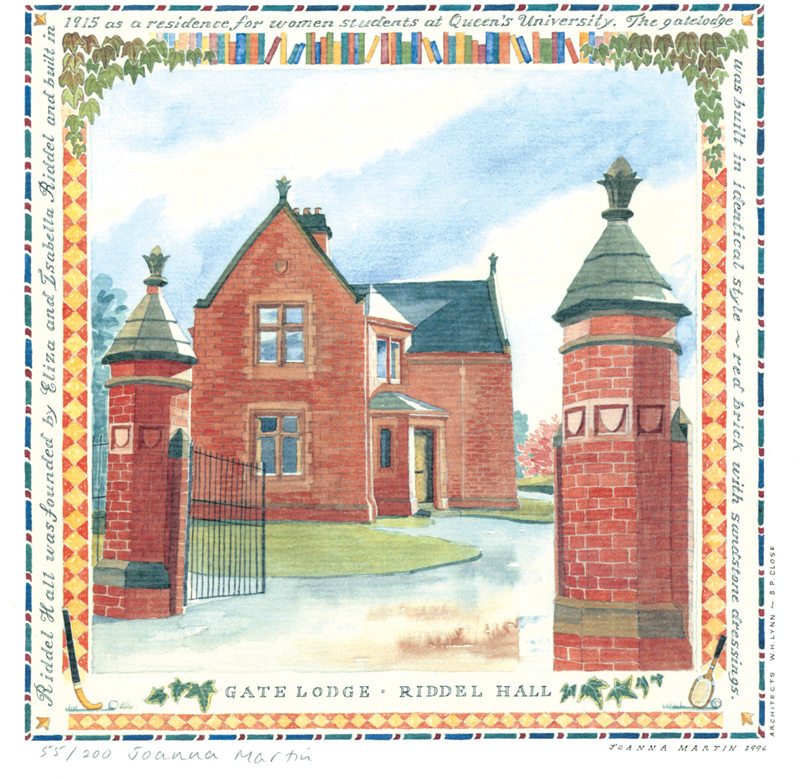
Pioneering Women
Riddel Hall and Queens University Belfast
GILLIAN McCLELLAND
with Diana Hadden

ULSTER HISTORICAL FOUNDATION
Ulster Historical Foundation is pleased to acknowledge support for this publication provided by the Belfast Natural History and Philosophical Society, the Environment and Heritage Service, the Esme Mitchell Trust and the Riddel Hall Heritage Association.
All contributions are gratefully acknowledged.
First Published 2005
by the Ulster Historical Foundation
12 College Square East, Belfast BT1 6DD
www.ancestryireland.com
www.booksireland.org.uk
Except as otherwise permitted under the Copyright, Designs and Patents Act 1988, this publication may only be reproduced, stored or transmitted in any form or by any means with the prior permission in writing of the publisher or, in the case of reprographic reproduction, in accordance with the terms of a licence issued by The Copyright Licensing Agency. Enquiries concerning reproduction outside those terms should be sent to the publisher.
Gillian McClelland
ISBN-13: 978-1-903688-57-1
ISBN-10: 1-903688-57-4
Printed by Bath Press
Design by CheahDesign
FOREWORD
Dr McClellands history of Riddel Hall is of interest on several counts. It is full of fascinating vignettes and will be read with pleasure by former residents, their children and grandchildren and perhaps also by their great-grandchildren. Readers will have their own favourites. My own is the young woman who came into residence in 1935, her mother remarking it was a choice between matrimony and medicine and clearly banking on the latter. Quickly her daughter decided on both, although the marriage was cruelly delayed for a decade not only by study but by war and her fianc becoming a prisoner of the Japanese in February 1942 at the fall of Singapore.
Eliza and Isabella Riddel inherited great wealth and, along with so many of their generation, used it for the benefit of others. At that time their choice of female higher education would have been unusual, but they were building on the work of pioneers such as Margaret Byers and Isabella Tod in Belfast and Anne Jellicoe in Dublin, as well as English women such as Miss Beale of Cheltenham Ladies College.
The opening of Riddel Hall for female students in 1915 brings the story inevitably into the history of Queens University. Queens first admitted women in 1882 and Riddel provided a safe haven for young girls often far from home. The ethos of the Hall reflected the middle-class values of the time, but it recognized that girls might be educated for life beyond marriage and domesticity. Many Riddel women followed careers in medicine or teaching and some managed to combine a profession with a husband and children.
When the Hall closed in 1975 young women (and young men) no longer accepted the values that had governed the lives of their parents and grandparents. They lived in a more liberal (or more libertarian?) and less deferential social milieu. In this history of Riddel Hall we have a microcosm of the transformation in society at large over the relatively short period of sixty years.
Gillian McClellands text and Diana Haddens sensitively chosen illustrations have together created a fitting tribute to Riddel Hall and its Pioneering Women.
L.A. Clarkson,
Emeritus Professor of Social History
Queens University Belfast
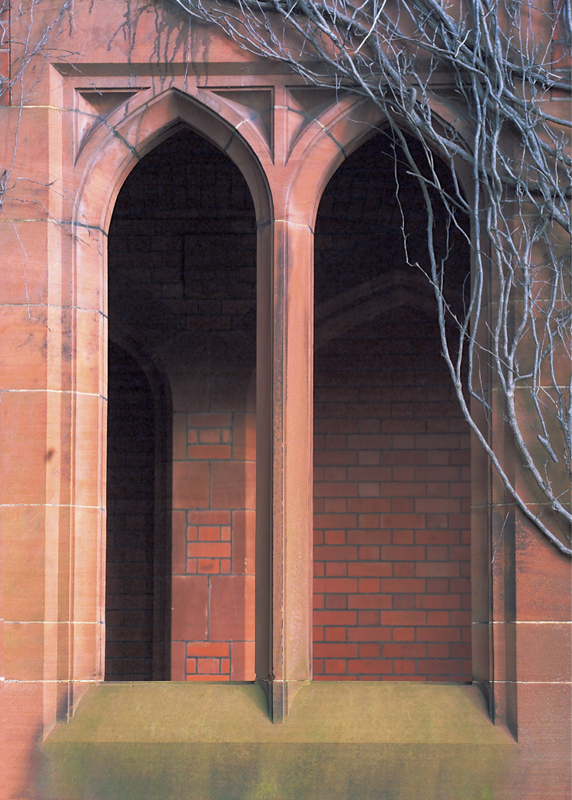
Unglazed windows of Riddel Hall porch
Queens University Belfast
AUTHORS ACKNOWLEDGEMENTS
I wish to thank the Riddel Hall Heritage Association for inviting me to write the history of Riddel Hall and for entrusting me with the Halls records. I am grateful to Lesley Calderwood, Margaret Gowdy, and in particular Diana Hadden, whose faith in the project and tireless energy have made this book possible. I am indebted to the members of Riddel Hall Old Students Association and Miss Power Steele, Warden from 1944 to 1948, for sharing memories of their experiences in Riddel Hall, and to Martina McKnight for helping me to collate biographical data.
Thanks are also due to the staff of the Public Record Office of Northern Ireland for access to the uncatalogued box of Riddel Hall records; to Nicholas Duffin for his personal records of the Riddel Hall Permanent Committee and to the staff of the Great Hall, Queens University Belfast, for allowing me access to Riddel Hall records which had survived under their careful supervision.
I am indebted to Dr Diane Urquhart, Dr Myrtle Hill and Dr Margaret Crawford who have read early drafts of the manuscript, and especially to Professor Leslie Clarkson who has read and edited several versions, for their help and advice. Special thanks are due to the Ulster Historical Foundation, in particular Fintan Mullan, for their commitment to this history of Riddel Hall.
Gillian McClelland
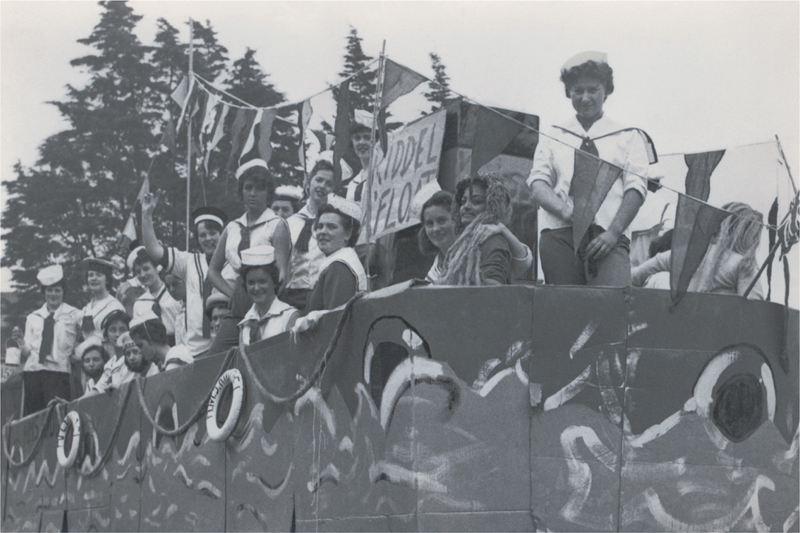
Riddel Afloat, Students Day 1961
M. Hopkins
ACKNOWLEDGEMENTS
I would like to thank the many people who helped to make this book possible, especially: Lesley Calderwood and Margaret Gowdy who without hesitation joined me in founding the Riddel Hall Heritage Association to enable us to proceed with applications for funds; Gillian McClelland, researcher and author, who was so enthusiastic about Riddel Hall, women and education; Marcus Patton who wrote two short chapters, one in his capacity as conservation architect and one as a previous occupant of the Hall after the ladies; Professor Leslie Clarkson who was supportive and interested from the start, never failed with advice or help in times of need, and kindly agreed to write the foreword; and the members of the Riddel Hall Old Students Association (RHOSA) for their great interest in the project, their willingness to be interviewed for research purposes and for allowing their reminiscences to be used in the publication. The staff of the Northern Ireland Council for Voluntary Action (NICVA) guided us through organisational issues. Fintan Mullan of the Ulster Historical Foundation provided advice and encouragement in the publication process.
Thanks are due to the following staff of Queens University Belfast: Ivan Ewart of Media Services for the photographic details of the Hall, and other assistance; the Vice-Chancellor, Professor Peter Gregson; Aine Gibbons; Charles Gray; Shan McAnena, Curator of Art, for access to works of art originally in Riddel Hall and now part of the Collection of Queens University Belfast; Richard Oldfield and the Great Hall staff for looking after the Riddel archives; David McLean; Gerry Power; Frank Young; also Gwynne Donnell of the Visitors Centre who had sufficient faith in this project to organise a summer exhibition about Riddel Hall and its women.

